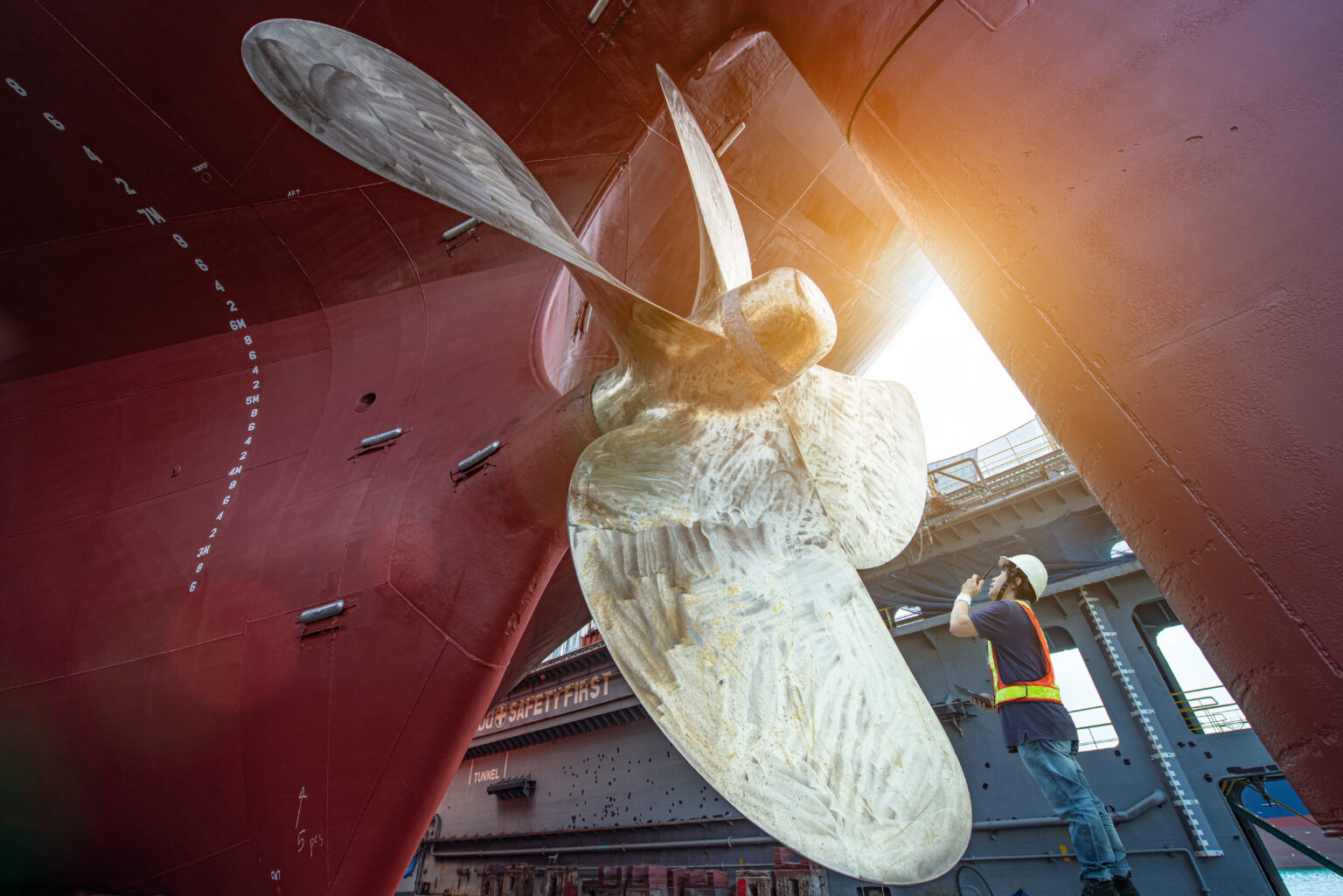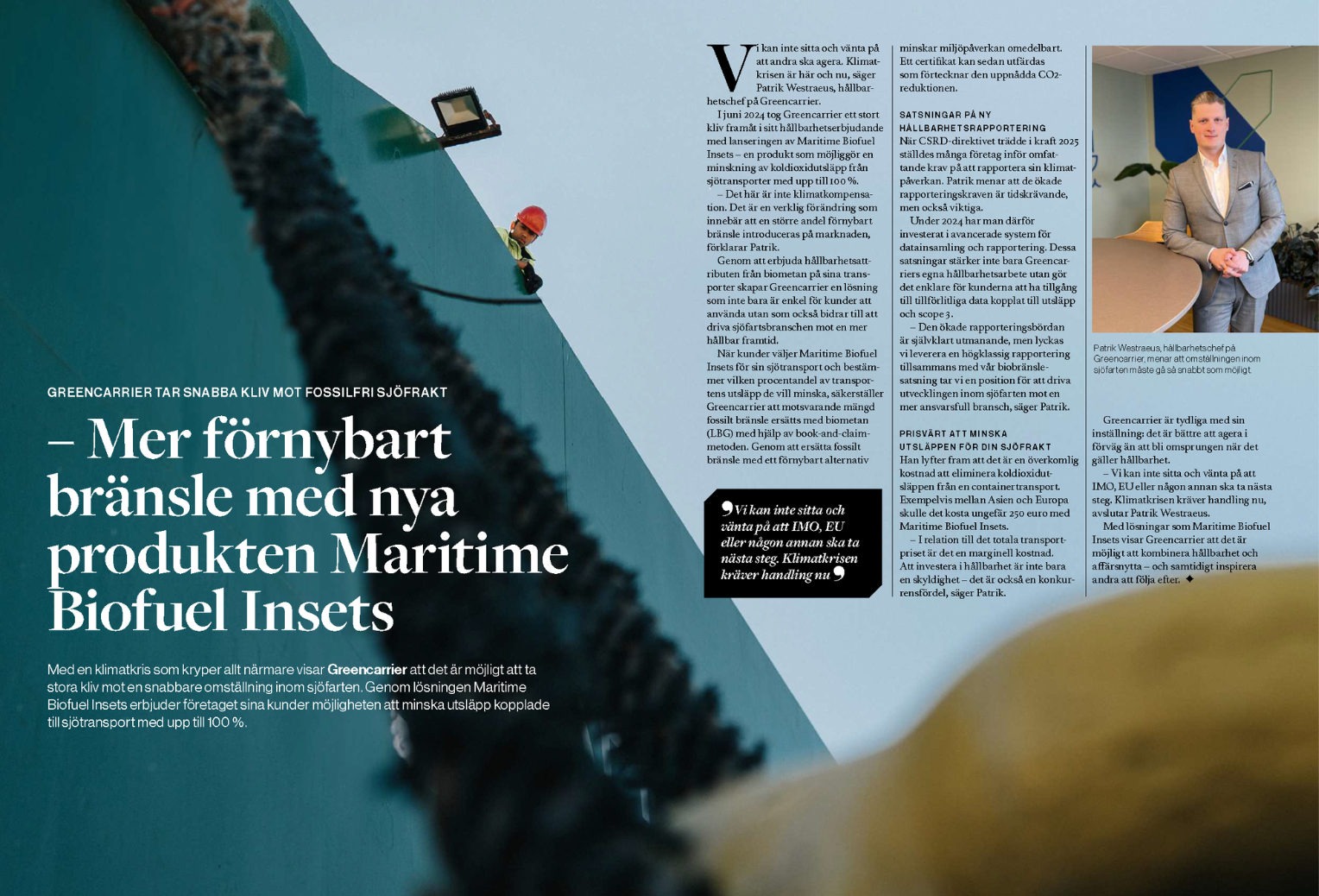In the fast-paced world of global trade, the buzz around sustainable shipping practices has been gaining momentum. As businesses become more aware of their environmental impact, the spotlight has turned to the maritime industry. This raises the question: How important is sea freight in sustainable transportation?
Sea freight’s role in sustainable transportation
Sea freight is the cornerstone of international trade. Approximately 80% of global trade by volume and over 70% by value is transported via sea freight. It is vital that this large proportion of transportation takes place in an as sustainable manner as possible.
Its significance, however, extends beyond the mere movement of cargo. Worldwide, governments, businesses, and organisations are actively pursuing more sustainable practices to combat climate change. International efforts, discussions, and agreements are underway, with initiatives such as the IMO’s 2023 GHG Strategy targeting a 40% reduction in the carbon intensity of global shipping by 2030 (compared to 2008).
Energy efficiency
Sea freight is considered an energy-efficient mode of transportation due to the ocean vessels’ capability to transport large goods volumes. It is an alternative to road and air freight with considerably lower average emissions. For example, the sheer volume of containers shipped on a larger container vessel allows for more goods to ‘share’ the same emissions. The low emissions per shipped container make sea freight a more environmentally friendly option for the environment compared to the alternatives.
Economies of scale
Sea freight’s ability to handle vast quantities of cargo also translates into economies of scale. Larger vessels can transport goods at a lower cost per unit, making sea freight not only a better alternative from a sustainability point of view but also economically attractive. As businesses seek ways to balance profitability with sustainability, sea freight emerges as a compelling solution that aligns with both objectives.
Technologies and alternative fuels
Modern cargo ships are equipped with advanced technologies, including energy-efficient engines and improved hull designs, which contribute to a reduction in GHG emissions. The shipping industry is increasingly adopting green fuels, and more shipping companies are transitioning to alternative fuels such as biofuels, hydrogen, and electric power to further minimise their environmental impact.
Innovations in the maritime industry
The maritime industry is not resting on its laurels. Ongoing research and development are paving the way for innovative solutions within sea freight. From implementing alternative fuels to integrating smart technologies that optimise shipping routes, the sector is actively seeking ways to increase sustainability efforts. Embracing these efforts ensures that sea freight remains a better transportation choice in the years to come.
Looking to ship your goods by sea?
Greencarrier offers a range of high-quality sea freight services. Whether you have a specific cargo requirement or simply want to learn more about our shipping services, we are here to assist.





